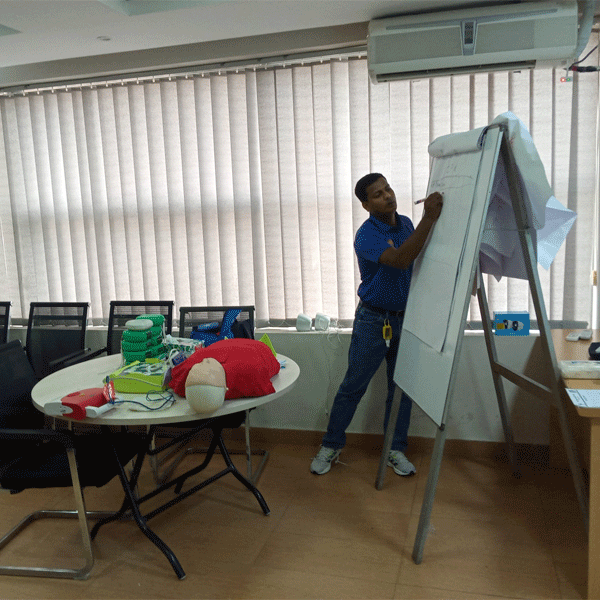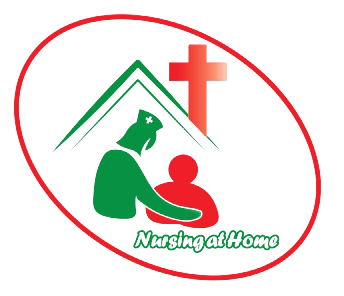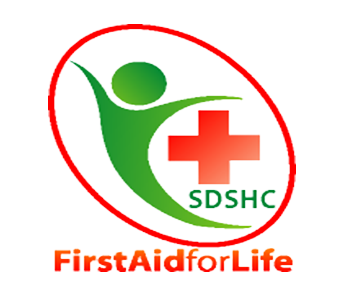Make an Appointment
The most advanced medical templates specializing in
every aspect of healthcare.
Opening Hours
Thursday - Saturday
09.00 - 05.30
Emergency Service
24 Hours
BLS – Basic Life Support (Int.)
Training and Certification
All BLS responders must receive adequate training and certification to ensure that they are competent in providing life-saving interventions. Regular updates and refresher courses should also be provided to keep skills and knowledge up-to-date.
Equipment Maintenance and Replacement
The BLS provider must ensure that all equipment used in the delivery of BLS is well-maintained and replaced as necessary to ensure proper functioning. Equipment checks should be performed regularly to ensure that all equipment is in working order.
Communication and Coordination
Clear communication and coordination among responders during emergencies is essential for effective BLS. This includes clear roles and responsibilities, effective handover of care, and regular updates on patient status.
Standardized BLS Protocols
Adherence to standardized BLS protocols is crucial for consistent and effective care. These protocols should be evidence-based and regularly reviewed to ensure that they reflect current best practices.
Quality Assurance and Improvement
Ongoing quality assurance and improvement processes are necessary to optimize outcomes. These processes should include regular data collection and analysis, feedback and review, and continuous improvement initiatives.
Infection Control Practices
The BLS provider must implement infection control practices to protect both responders and patients. This includes the use of personal protective equipment, proper handling and disposal of medical waste, and adherence to established infection control protocols.
Our Partners







Frequently Asked Questions











